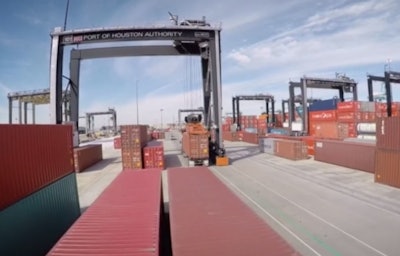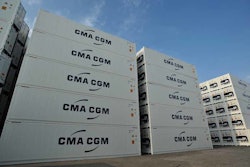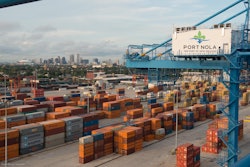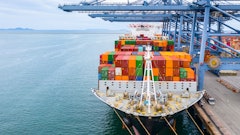
In an assessment released Monday of a rule that has roiled the container shipping world, Cowen and Co., a New York City-based financial services firm, said the total cost of shipping an ocean container from Los Angeles to Shanghai could increase by approximately 14 percent because of the extra time and expense that shipping lines and their customers face, according to The Wall Street Journal. Those costs may include fees for weighing shipping containers and charges for holding goods while information on the goods is collected and verified.
The new requirement was adopted by the International Maritime Organization, the United Nations body that regulates ocean transport, as part of the Safety of Life at Sea Convention, known as SOLAS. It requires shippers in about 170 countries include the “verified gross mass,” or weight, of all containers and any filler material before they are loaded on to ships.
Currently, companies only must provide an estimate of the weight of goods when handing off shipments to shipping lines or third-party handlers. That has led to improperly loaded containers, regulators say which can lead to collapsing container stacks at sea and potentially catastrophic damage to vessels.
To read more, click here.
Editors Insight: Food Logistics noted last month that the container weight rule will complicate ocean transportation. The rule could add costs to the global food supply chain. Gary Ferulli, president of the U.K.-based Unicorn Logistics, said that the rule does not fix the problem of shippers evading compliance and that those shoppers will still be able to issue false certifications.
The Agriculture Transportation Coalition in the U.S. has proposed options for governing agencies to consider in addressing overweight containers.
Admiral Paul Thomas of the U.S. Coast Guard stated a week and a half ago that the Coast Guard will not require domestic shippers to make changes in existing practices.
The food industry nevertheless has to engage federal lawmakers to come up with a better solution than what the International Maritime Commission has adopted. 3-22-16 By Elliot Maras


















